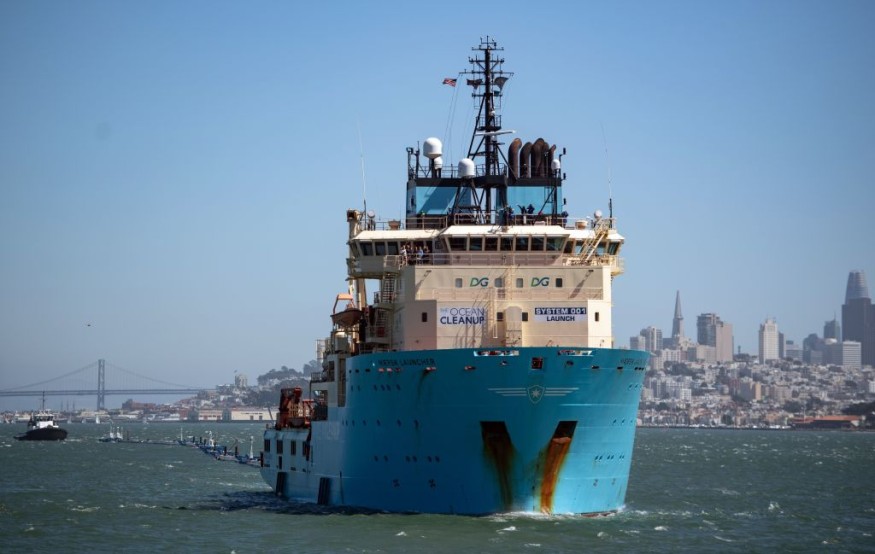With the increasing plastic waste problems in oceans, a massive ocean cleanup was launched in the Great Pacific Garbage Patch. The Nonprofit group, Ocean Cleanup, removed about 25,000 pounds of garbage with plastic in the area.
Plastic waste entering the world's oceans has been the primary concern of environmental groups. Aquatic animals can likely suffer from plastic pollution including the coral reefs.
After two trips, our offshore crew is on their way back to port with a massive haul of plastic: over 55,000 kg out of the Great Pacific Garbage Patch and going back to shore for recycling - to keep it out of our oceans permanently. pic.twitter.com/b9vsTkUxT1
— The Ocean Cleanup (@TheOceanCleanup) August 15, 2023
In recent research in the Journal of Hazardous Materials, innocent sea birds can fall victim to plastic fragments. They can consume the fragments, which can cause digestive damage. The sea birds can likely die from starvation.
As a result, reducing plastic waste is crucial to prevent the devastating impacts on wildlife. In addition, microplastics in water can also harm human health.
Massive ocean cleanup in Great Pacific Garbage Patch

The growing production of plastic waste can enter bodies of water, rivers, ponds, seas and oceans. On the beaches, waves can help bring plastic waste.
According to the Ocean Cleanup, millions of plastic travel oceans. As a result, the cleanup and reduction of plastic pollution have been vital to preventing severe damage to ecosystems and biodiversity.
Recently, the Nonprofit group, Ocean Cleanup, launched the initiative to clean the Great Pacific Garbage Patch massively. The group managed to take away about 25,000 pounds of garbage with plastic in the area.
The Pacific Garbage Patch has been known for massive plastic debris floating around the water, adding that it would be difficult to assess the total amount of plastic in the area.
In a study published in Nature, researchers raised concerns about the rapid accumulation of plastics in the Great Pacific Garbage Patch area based on the multi-vessel expedition and aerial observations.
Furthermore, the ocean cleanup group used vessels to trap and gather the waste in the Garbage Patch. The plastics from the area can be recycled so they will not return to oceans.
Impacts of plastic pollution
Microplastics are one of the main problems because they can break down into smaller particles. According to NOAA Ocean Service, the said plastics can enter even the filtering systems.
Plastics can clog drainage systems in urban areas, resulting in severe flooding even if the rain is not heavy. Weather events can worsen flooding conditions, causing life-threatening situations in low-lying and flood-prone areas.
Removing plastic waste is important, especially in main drainage systems, rivers, seas, and other bodies of water. The commitment of businesses and communities is vital to reduce plastic pollution's impact on humans significantly.
Effective recycling is also vital in helping address the problems of plastic pollution globally. Countries developed a new recycling process to recycle colored plastics and turn them into high-quality products efficiently.
Related Article : Mitigating Plastic Pollution: Wood Dust Filtering Device Can Help Trap Harmful Microplastics
For more similar, don't forget to follow Nature World News.
© 2025 NatureWorldNews.com All rights reserved. Do not reproduce without permission.





